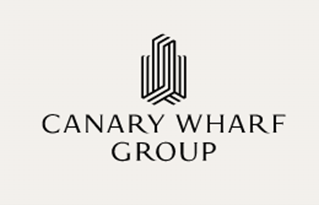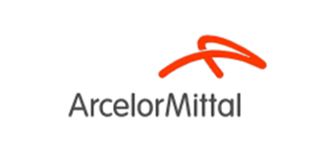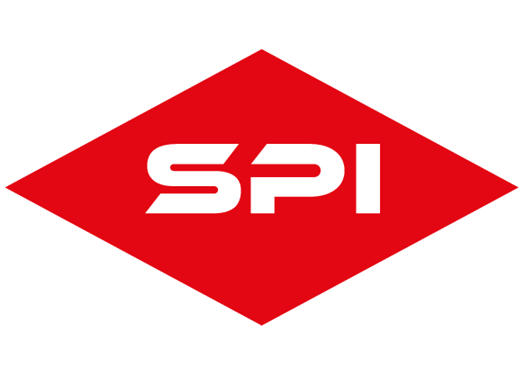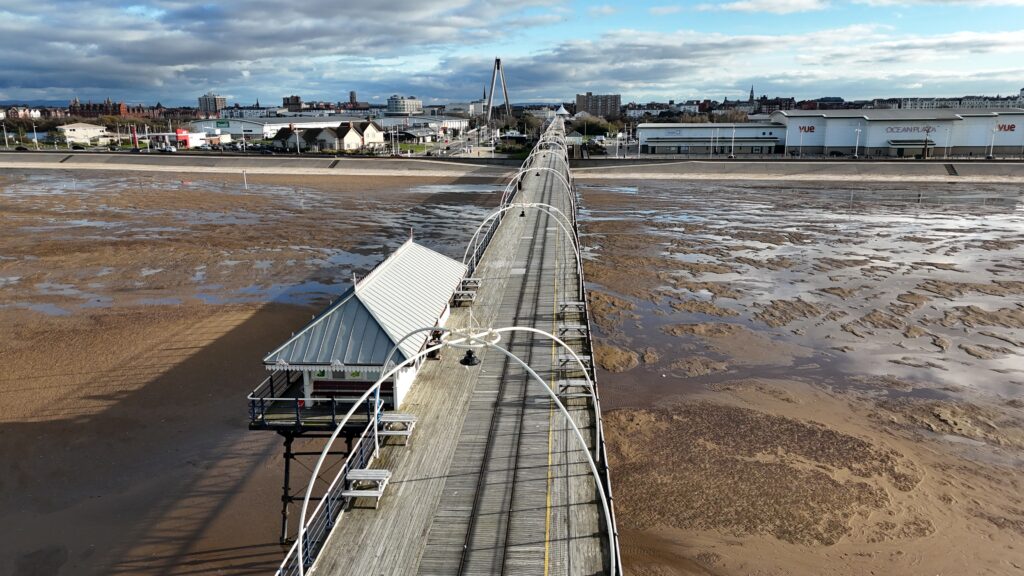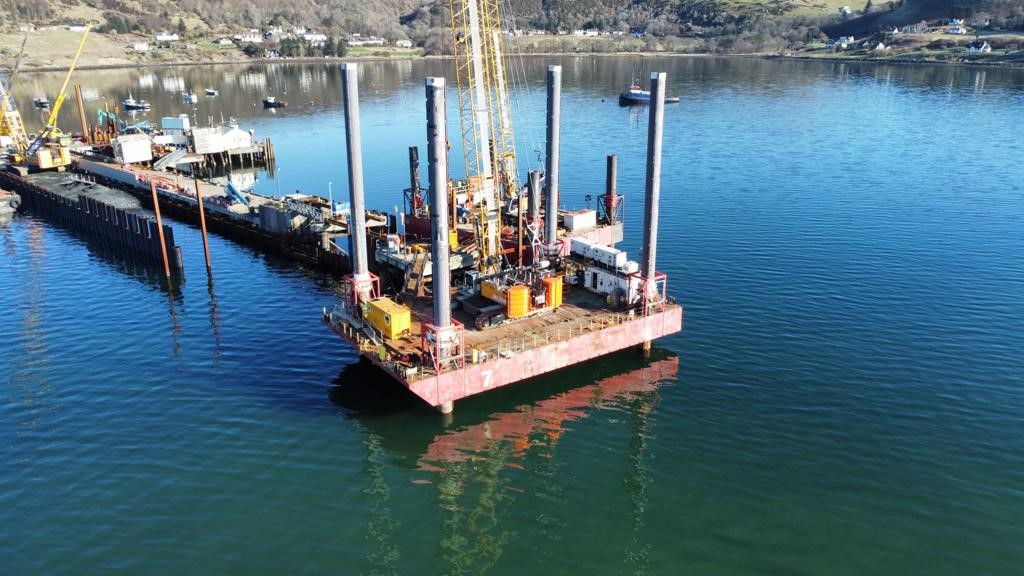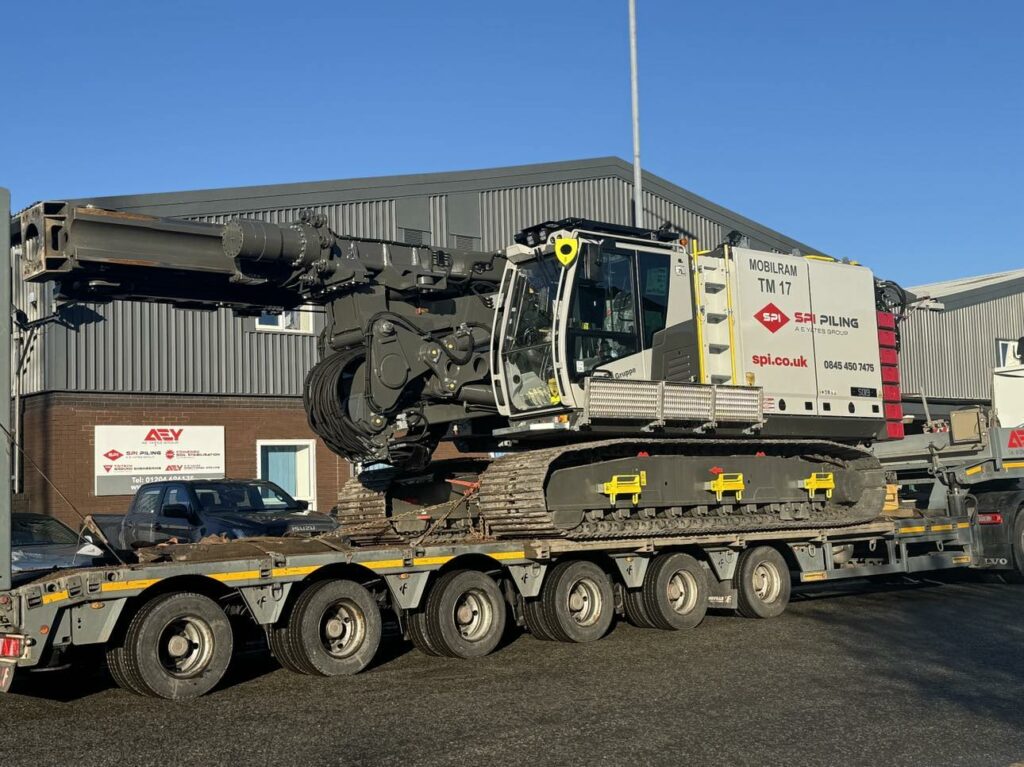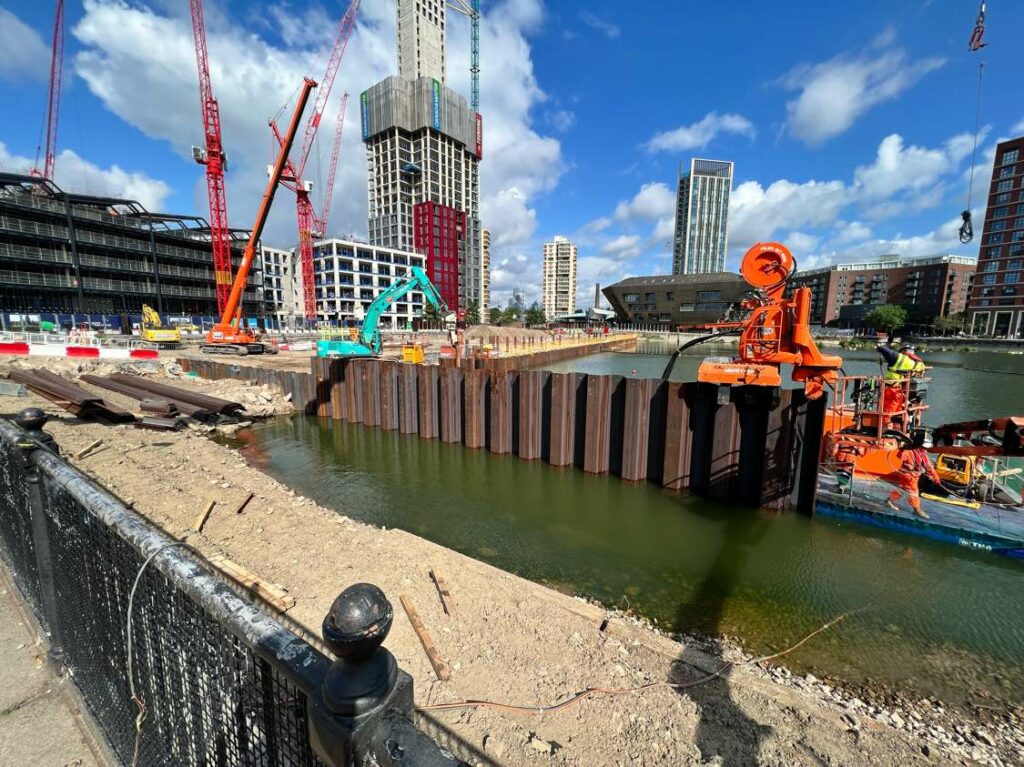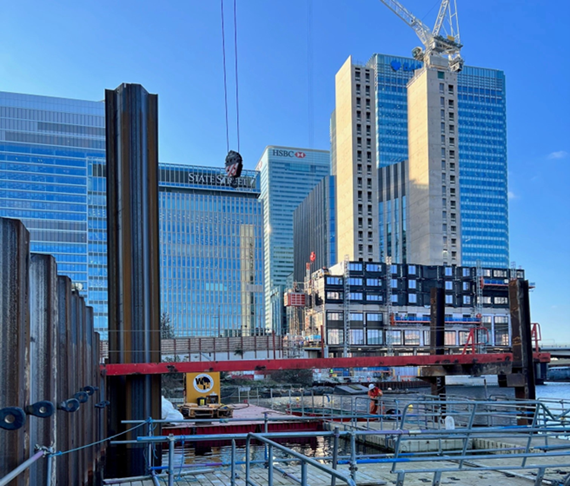

Decarbonisation is the most important aspect facing all industries and sectors, and is of key importance to us, our clients and our supply chain. We are moving, along with our supply chain to align with the UK Government and European objectives and agreements, to reduce emissions, by the implementation of new innovative products through the supply chain, the use of modern plant and equipment, exploring the use of better more sustainable fuels, and by reducing the amount of fuel consumption as a result of our normal business operations.
SPI Piling Ltd have recently commenced work at Canary Wharf, on the prestigious redevelopment managed by Canary Wharf Construction.
SPI Piling were invited early in the design and tender process, in order to better meet the objectives of the client. Not only did the client want a solution that simply “did the job”, but were extremely keen to ensure that the final solution was one that not only had the correct performance characteristics, but one that could be delivered sustainably!


At the start of this process, SPI Piling demonstrated the effectiveness of Steel Sheet Piling as a sustainable solution, not only in terms of the product being supplied into the scheme, but also in terms of local impact during the works in respect of volume of traffic being much less than a concrete solution, but also in terms of project delivery.

Once the design solution was ratified by the client and their team, then SPI Piling could get to work, in putting all the great words into practice. Immediately engaging with the supply chain on the biggest concern of all, the steel, Arcelor Mittal soon demonstrated their commitment to decarbonisation in the manufacture and supply of their off the shelf products.


ArcelorMittal was the first steel manufacturer to conduct a Life Cycle Assessment of its steel sheet piling products and it has also published an Environmental Product Declaration highlighting how seriously it takes its environmental responsibilities.
Materials produced through the EAF process, have greatly reduced CO2 emissions typically less than 30% the value of products produced through normal blast furnace processes. As a typical example, previous processes would produce Circa 1.9tonnes of CO2 -eq per tonne of finished steel, where as the EAF process reduces this to Circa 0.5tonnes of CO2 – eq per tonne of finished product.
Aside this the materials produced through the EAF process can be produced from 100% recycled material, as well as the options for these furnaces to be powered from renewable sources.
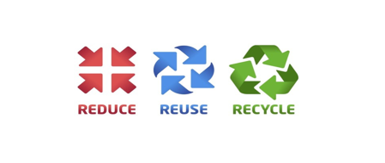
Steel is a permanent material: never consumed, but continuously transformed. The use of natural resources for producing steel the first time is therefore a transformative process, making iron available in a more “practical form” for subsequent uses (life cycles). Steel is actually a resource that can be re-used several times and recycled indefinitely.
Unlike other materials used in retaining walls and deep foundations, steel sheet piles can be extracted from the ground at the end of the service life of the structure, and recycled at 100%. Even after its service life steel has an inherent value because it can be recycled in an electric arc furnace (for instance) to produce again and again steel products with the same or even better quality.
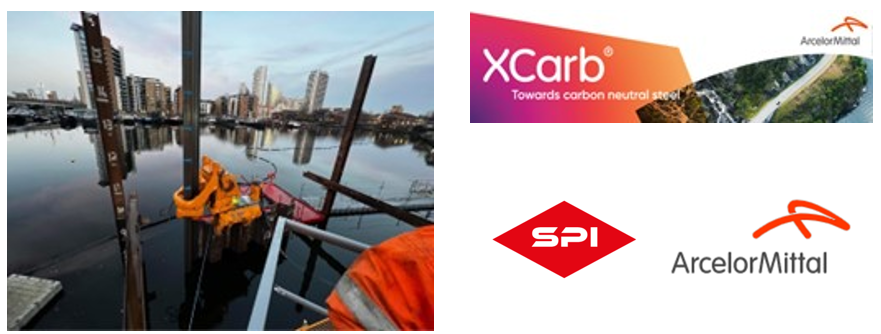
SPI Piling are now installing, the ArcelorMittal EcoSheetPile™ AZ36-700 to form a permanent new dock wall within Blackwall Basin. The same Sheet Pile choice is being used for temporary piles, which designed along with the permanent wall form a filled cofferdam, providing a retained support solution allowing Bachy Soletanche, to move in with their foundation solutions for the future development.
As part of the chosen installation method, and a first in Conventional Steel Piling projects, SPI engaged with Select Crane Hire, as they have recently invested heavily in their Electric Unplugged Liebherr LR1160.1 Crawler Cranes.
Now with 2 of these Heavy Cranes on site, works are progressing on two work faces.
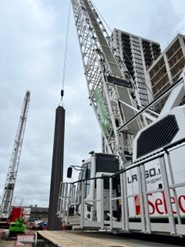
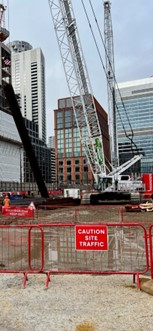
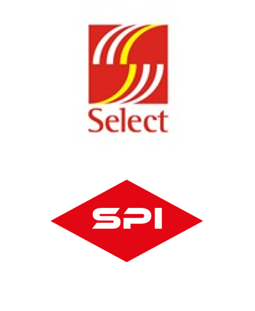
Canary Wharf Projects are proving to be delivering on promises at all levels.
The early engagement of the supply chain, with open dialogue has ensured that all parties to be engaged on the scheme are aware of the project specific requirements and commitments to sustainable construction.
This early engagement has ensured the following benefits to the scheme:
- Working as a team to develop the bespoke design required for the scheme.
- Enhancing and Building a better team-working ethic.
- Introducing best practise and innovations.
- Advices on buildability, sequencing and construction risk.
- Better delivery certainty from the out set.
- Collaborative approach on the selection of specialist plant and equipment in order to deliver the works.
- Spend more time developing a construction strategy, identifying partners and so on.
Industry leading choices, moving away from the traditional approach of costs over environment are being made at all levels, driving best practice first and foremost.
Focusing on feeding our vision of continuous improvement, eliminating waste, reducing carbon and reducing cost, the Early Design involvement is key to these successes.
We want our clients to know that it is not simply about “a pile that works”, and that it is very much more than that, and very much centres around maximising the benefits, whilst reducing impacts.

